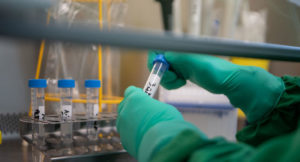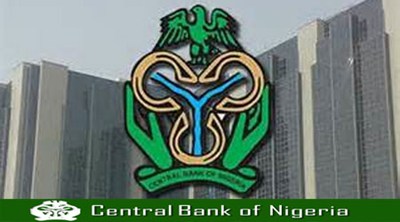 Italy’s record death toll from the novel coronavirus grew by more than 700 on Wednesday, as a top official said that social restrictions were getting harder to bear for the population.
Italy’s record death toll from the novel coronavirus grew by more than 700 on Wednesday, as a top official said that social restrictions were getting harder to bear for the population.
The nationwide lockdown had been due to expire on April 3, but Prime Minister Giuseppe Conte announced it would now be extended to April 13 – Easter Monday.
“We are not in a condition to ease the restrictive measures we have put in place,” he told a late evening press conference.
READ ALSO: Breaking: Again Davido tests negative for coronavirus
“If we were to stop respecting the (social distancing) rules, if we were to relax them, all the efforts made so far would have been in vain,” the prime minister added.
Earlier, the Civil Protection Agency announced 727 fatalities linked to the Covid-19 disease, bringing the total number of dead to 13,155, by far the world’s highest figure.
Conte called the rising death toll “a particularly painful wound, a wound which we will never be able to heal.”
Total infections, including recoveries and deaths, reached 110,574, a 4.5-per-cent daily increase, up from a 4-per-cent change registered on Tuesday.
Italian health authorities have said that the contagion curve has reached “a plateau,” and that more efforts are needed to bring it down.
Speaking in the Senate, Health Minister Roberto Speranza warned against “facile optimism that may undermine the efforts made: the first positive signals do not mean that the alarm is over.”
Schools are shut, most shops and factories are closed, public gatherings are banned and people are under orders to stay home unless for work, emergencies and unavoidable errands like buying food.
The “social malaise” brought about by the restrictions “is one of the relevant aspects” of the crisis, Agostino Miozzo, a senior Civil Protection Agency official, told a group of foreign journalists.
At the start of the emergency the focus was on saving lives, but now “with the whole country [locked down] at home … we realize that this is a very stressful situation,” he said.
He mentioned cases of scuffles in supermarket queues, as well as the increased risk of domestic violence, as clear signs of growing social tensions.

